Sustainability is a funny word, it’s one of those that has only recently entered our everyday vocabulary and yet for many of us older wiser Mums and educators we recall practising ‘sustainability’ concepts and actions when we were kids or as in my case when we first began working with children.
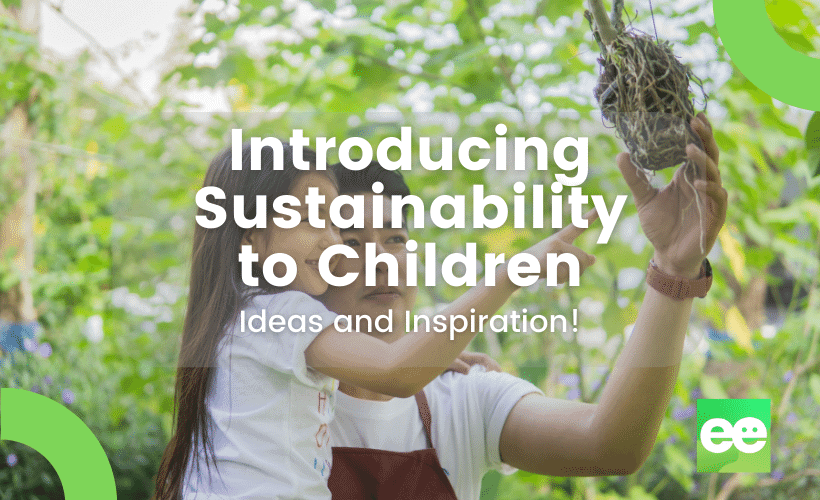
There was a huge focus on outdoor play and letting kids take risks and be adventurous. There wasn’t a great deal of bright plastic play equipment or fancy outdoor toys which are so obviously designed to get children using their gross motor muscles, balance and coordination and spatial awareness while still keeping them absolutely safe with no challenge at all. We had wooden climbing forts and bridges and rocks and planks and sand and mud and trees for shade and climbing. We often had mat time and singing outside under a tree or shared a picnic lunch that was homemade with very little paper rubbish to dispose of.
Sustainability and recycling is not new as you can see, involving children in sustainability practises is not just the evil work of the EYLF destined to make your life as an educator or even homeschooler difficult!
The words are more recent but the concepts remain the same and many have already engaged in these practices over the years without even realising it.
And yet somehow the mere word and the emphasis throughout the EYLF outcomes seems to be creating a constant source of stress to many educators that contact me via my facebook page or email. Why?
Personally I think it’s because many are stuck in the notion of sustainability just referring to recycling, compost, vegie gardens or chooks. Once you have those things sorted for your service what else are you expected to do? How do you include the same things in your program each week?
10 Strategies to consider when introducing sustainability practices to children
1. Be a role model
Do you put food scraps into a compost bin or throw them in with the rubbish?
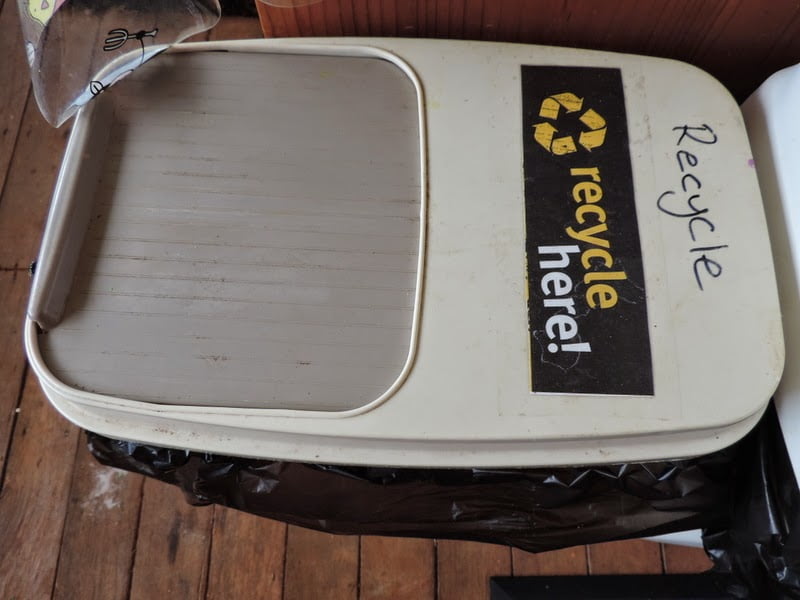 |
Do you turn lights off as you leave a room? Do you turn the taps off properly and use water play tubs and near empty drink bottles to also water plants at the end of the day?
Do you reuse the packing and cardboard from purchases you have made for craft and play? Do you involve the children in flattening the cardboard you aren’t using to put in the recycle bin?
Do you encourage an interest in the environment and outdoor discovery play?
2. Be resourceful
Can they help to collect the junk mail from the letterbox and work with you to cut out some favourite pictures or use it in a postal prop box before helping you to put it in the recycling bin?
Do you dye your own rice, pasta, cornflour paint, sand and craft sticks?
Perhaps you wash and reuse small containers, plastic spoons, plates, trays and other recyclables for craft and play purposes?
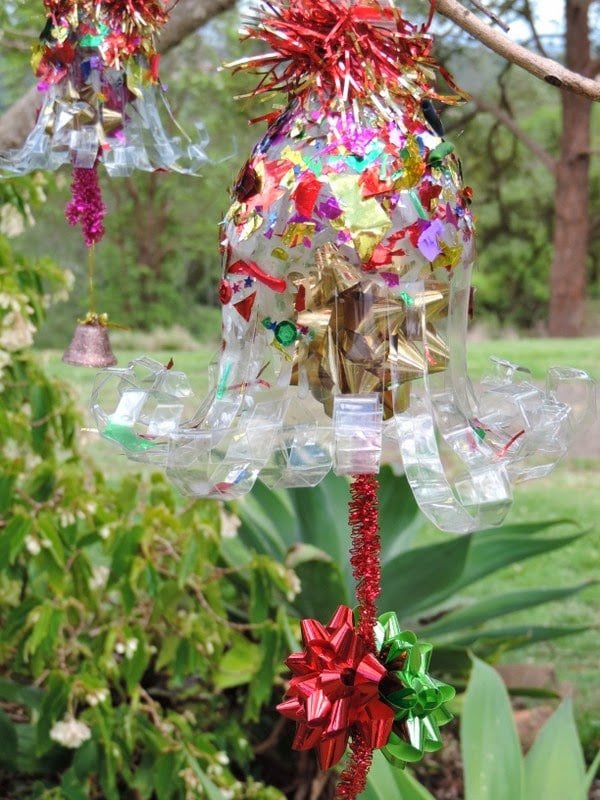 |
3. Be Waste Wise
You probably have separate bins now for your waste provided as a service from your council. In our area we have rubbish, organic and recycling and you can ensure the children in your care understand what goes in the different bins through modelling, pictures, stories and games.
Have you thought about providing smaller child friendly bins to match your larger household ones? I have 3 small bins that are easy for the children to open. They have clear pictures on the sides and we have talked about what can go in each.
It is an ongoing process but it is now our routine to have the organic/chook food and rubbish bin on the tables at meal times so they can be responsible for sorting their own rubbish.
We then extend on this process by taking the chickens the scraps…if you don’t have chickens you could be helping them visit the garden to tip into your compost bin or wrap in newspaper and place into your large household organic bin.
It’s all about involving the children in the processes not just having the resources and doing it all for them.
Help them to understand why we have different bins and how they can help.
You can involve parents too by asking that they provide rubbish free lunch boxes or send home zip lock bags and wrappers in the lunchboxes each day so they too can see the amount of lunchbox rubbish accrued each day.
4. Be a Green Thumb
You don’t need to be a gardener or landscaper to find your green thumb. Anyone can rake a little soil and sprinkle some seeds or plant a few seedlings!
You don’t need a lot of space either, why not some pots or even old shoes or teapots to use as flower or vegetable containers. Children love to find different uses for everyday items.
Can you add a compost bin or worm farm to your environment? Do you mulch your gardens to help conserve water and keep weeds at bay? If so why not get the kids involved in helping spread the mulch with you, my kids love this job and obviously feel very important!
Consider planting some small sensory herb and flower gardens…you can use the herbs in cooking activities with the kids, we have also made ‘perfume’ and made our own floral arrangements with playdough. They can be lots of fun to incorporate into sandpit cooking and are a launchpad for lots of interesting conversation and further research.
5. Be Inventive
Recycle and reuse items to make toys, outdoor play equipment, craft materials and much more. You can visit recycling centres to pick up some budget friendly pieces for your craft table, home corner table or perhaps outdoor area!
I love to use old things in new ways…
6. Be a Green Cleaner
Make your own, lose the toxic chemicals and you can then involve children in the cleaning processes around your home or service safely.
Use colour coded microfibre cloths you can wash and reuse over and over rather than disposable cloths you need to throw out after a few uses.
Hot soapy water and sunshine cleans toys and soft furnishings just as well as all those bottles of chemicals do.
7. Be a Smart Shopper
If you buy new consider buying quality toys that will last a long time, items with a sustainability or fair trade focus.
Try making your own paints and playdough instead of buying and collect items like branches, boxes and quality pre loved toys from markets and garage sales.
8. Be Water Wise
Here’s a few water wise ideas…there are of course many other ways too!
- Install a water tank, even if just a small one that the children can water the plants from.
- Help children find ways to collect water when it rains and then use in different ways.
- Provide child size watering cans
- Ensure children understand and know how to use a dual flush toilet system
- Install water saving taps and shower heads
- Recycle the water play
- Do activities that explain and show differences between tap and tank water
- Set up a system of names on daycare bedding so you don’t have to wash as much when children attend more than once a week.
- Save the washers and other daycare washing until you have a full load to put on.
- Involve children in air drying the clothes rather than using a dryer. They can help hang out small items on the fence or drying rack.
9. Be Nature Aware
Look for and encourage small and large critters in your backyard. Plant plants that encourage native birds and butterflies, take photos and help children research more about the creatures big and small living in our area.
Use things from the garden and outdoor spaces to incorporate into play and learning and craft. Flowers, leaves, rocks, twigs, branches, dirt, shells, grass and much more!
Ensure children have access to collecting and using natural materials in their play. Find ways to bring the outdoors inside.
10. Be Prepared to Monitor and Measure Progress
I am often asked how to ‘show evidence’ of sustainable practices. If you have embedded even some of the practices from the ideas above then you will have evidence that is easy to see.
Ideally you will have some everyday practices but also some experiences that you can add to your program as a focus area each week. You can show this to parents and coordinators in the following ways…
- Weekly and daily reflections
- Newsletters
- Children’s artwork and projects
- Planning and writing experiences on your weekly/fortnightly/monthly program
- Writing down and extending upon any feedback from parents and children’s voices.
Just try and remember that introducing and involving children in sustainable practises doesn’t just have to mean whacking in a water tank, plonking down a worm farm and planting a few veg….there are so many ways to led them down this path but don’t forget to find ways to get them asking questions and actively engaging in the sustainability processes in your service or home.
Right, I’m off to raid the recycle bin for tomorrow’s activities…how about you?
If you want more ideas and inspiration why not join early childhood educators from around the world in the Empowered Ed Facebook Community?
A Little About Me
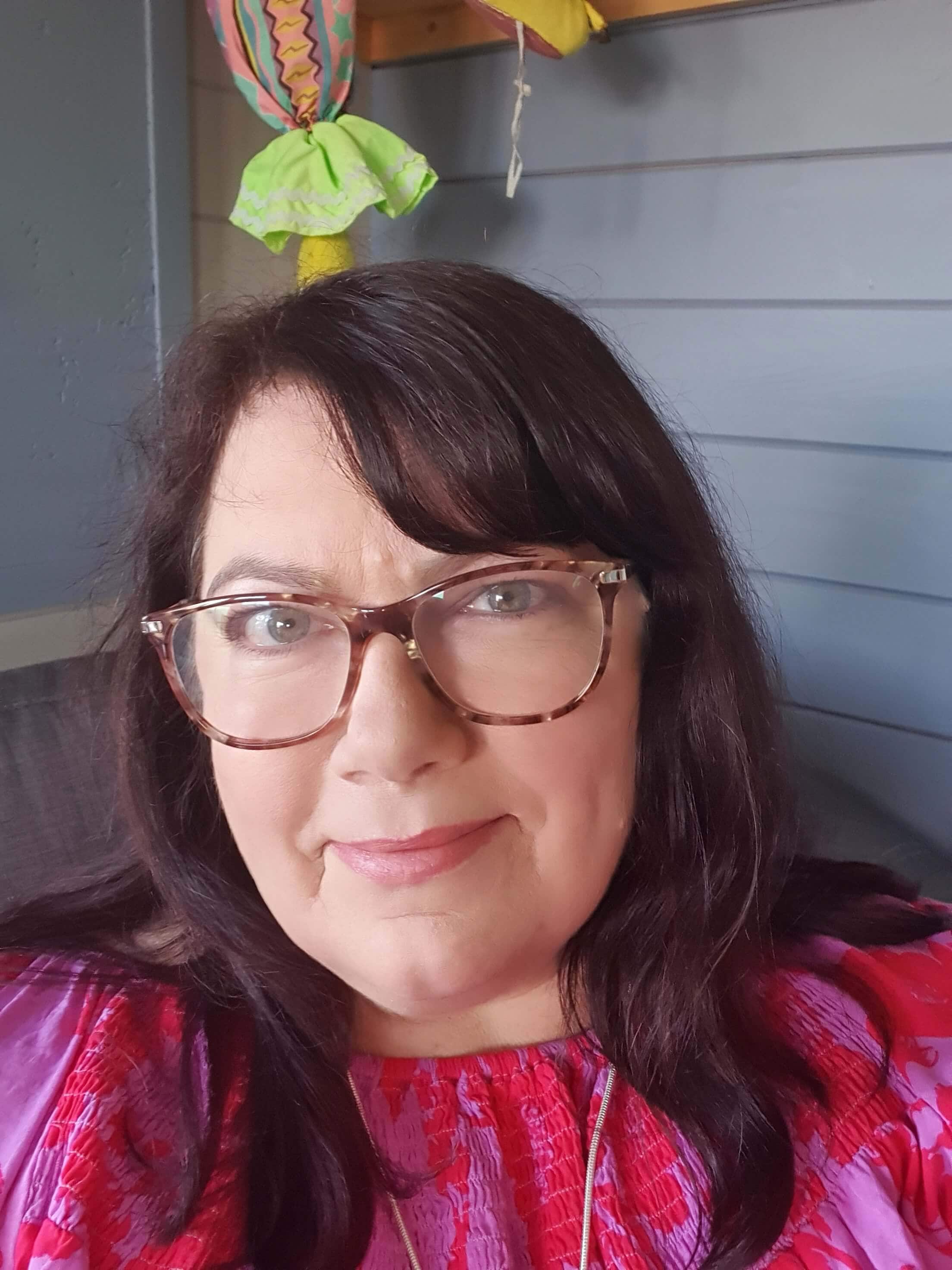
Jodie Clarke is an early childhood professional supporting educators who want and need to stay passionate about the work they do! She has 30 years hands-on experience in the early childhood and human services sectors across many different roles.
Jodie is mum to 3 in Australia and has already helped thousands of educators with their work through her popular blog posts, activity ideas, online training and e-books.
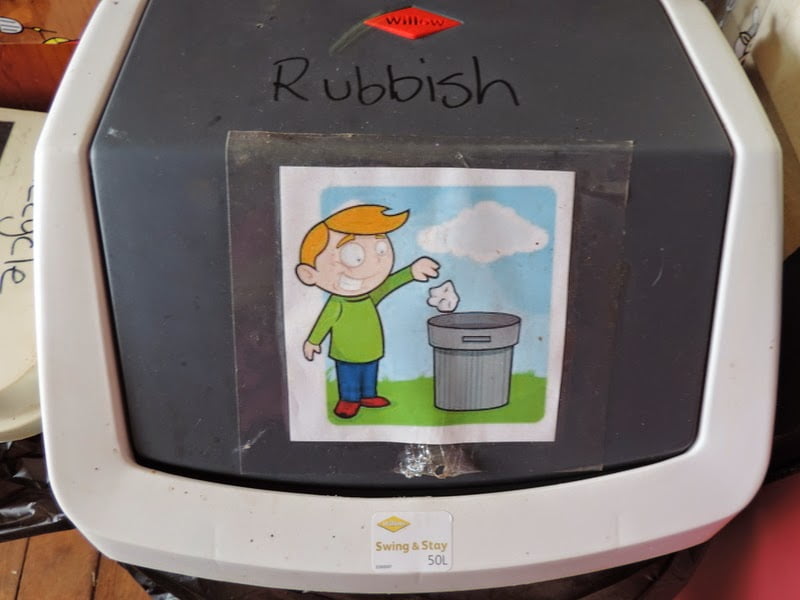
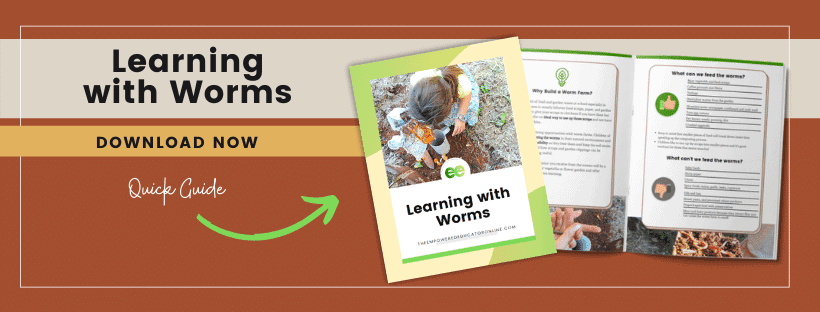
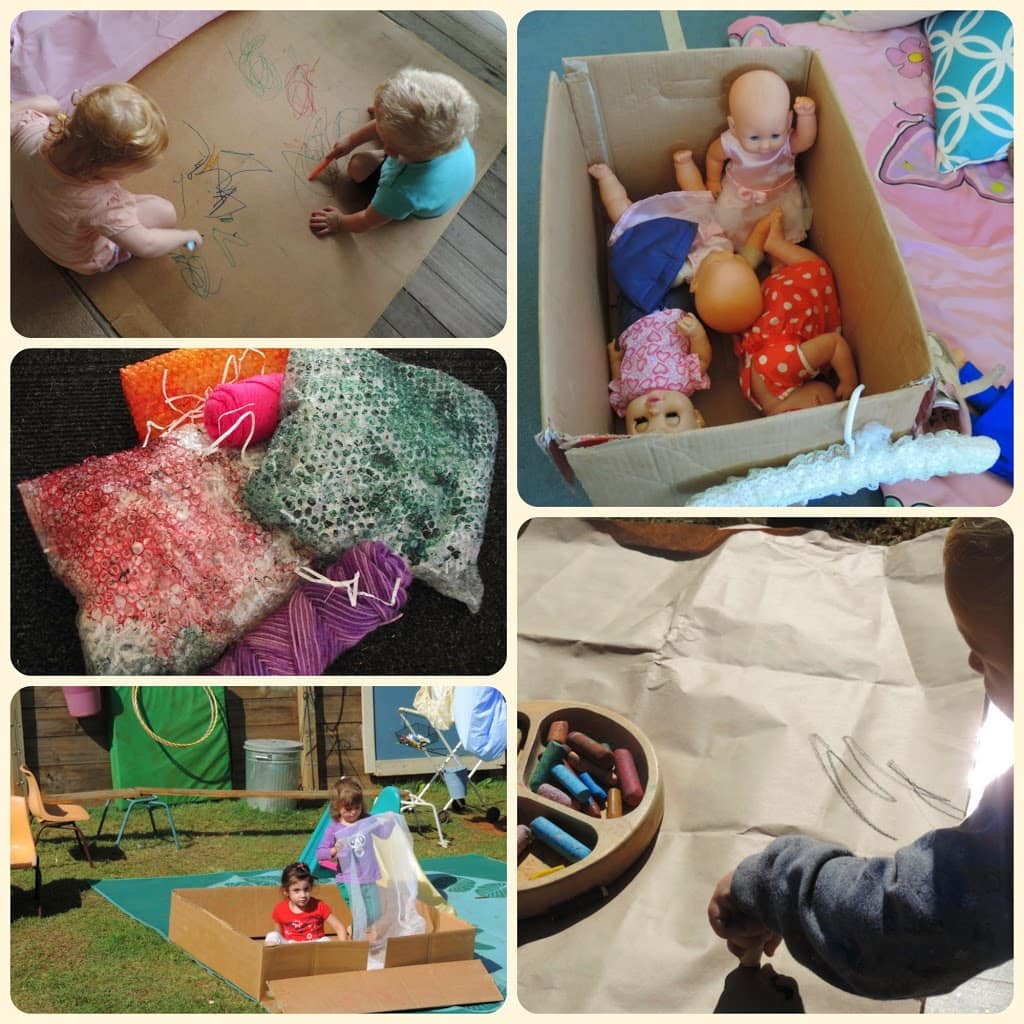
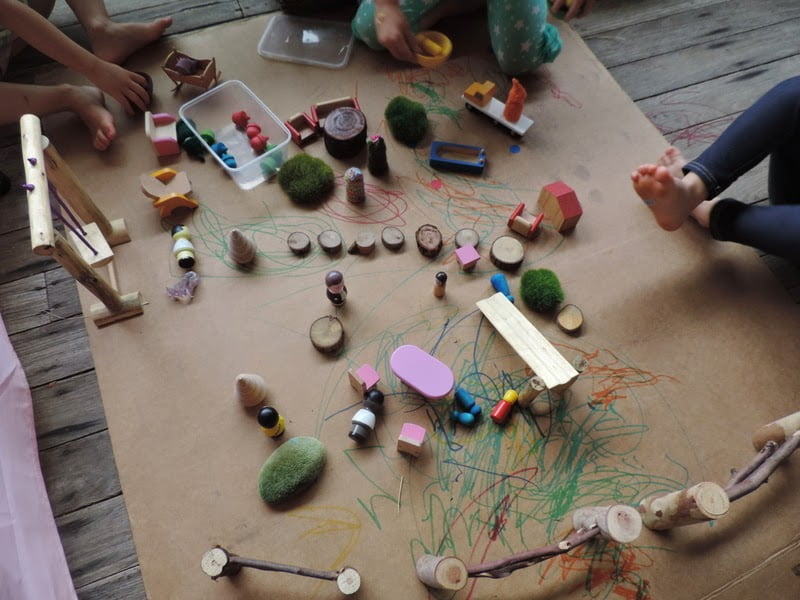
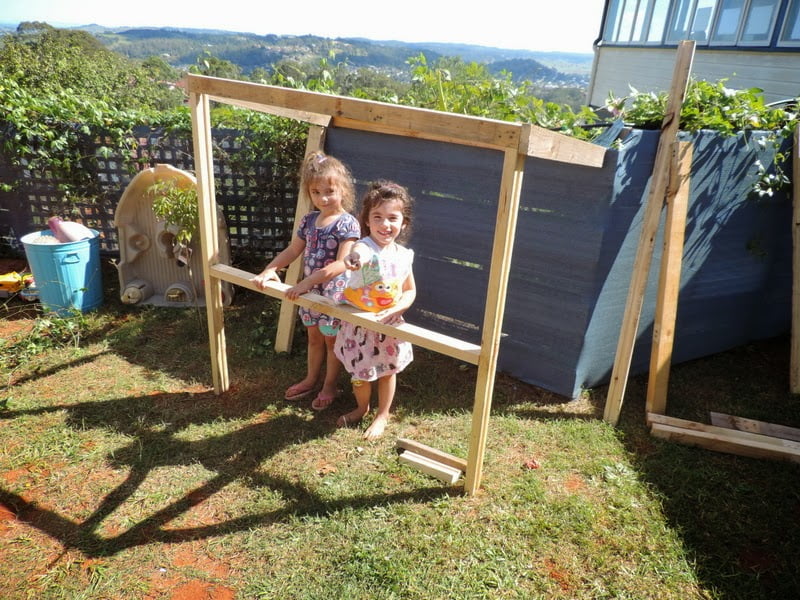
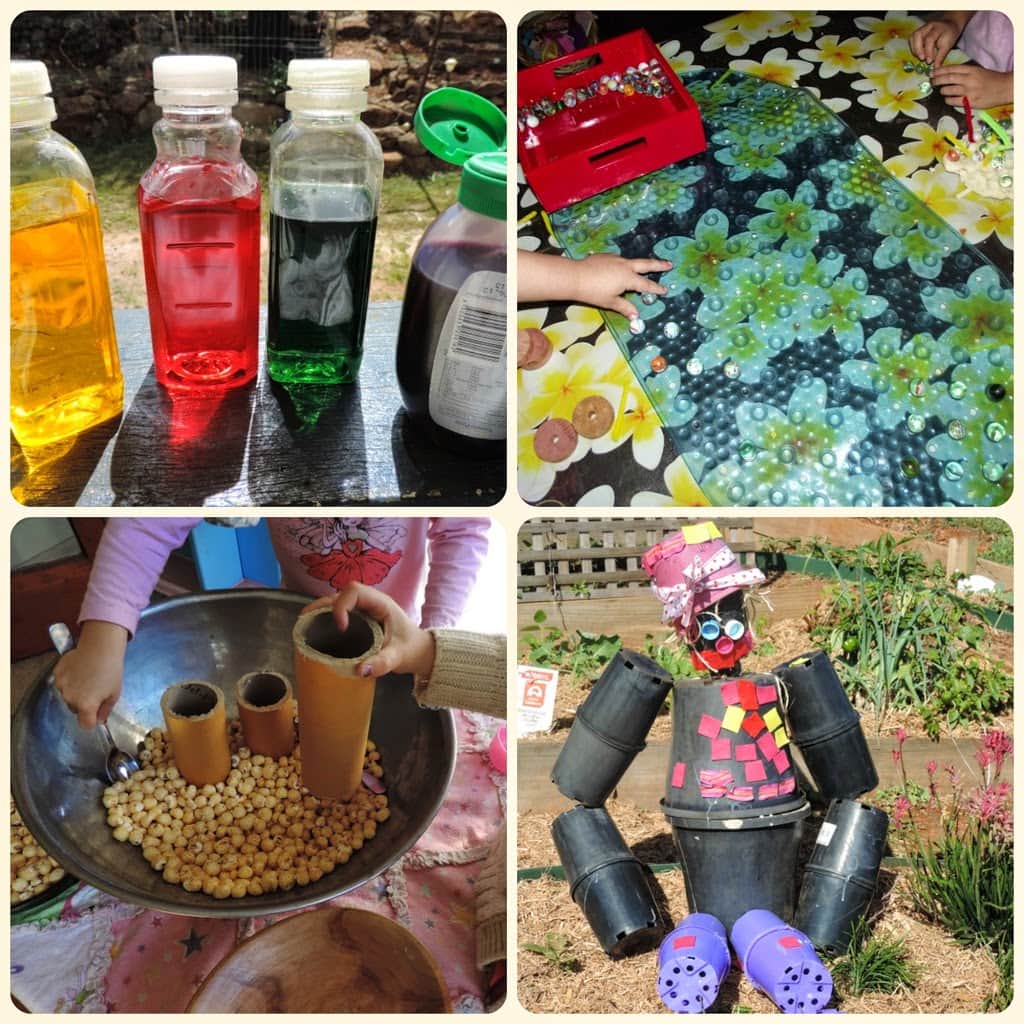
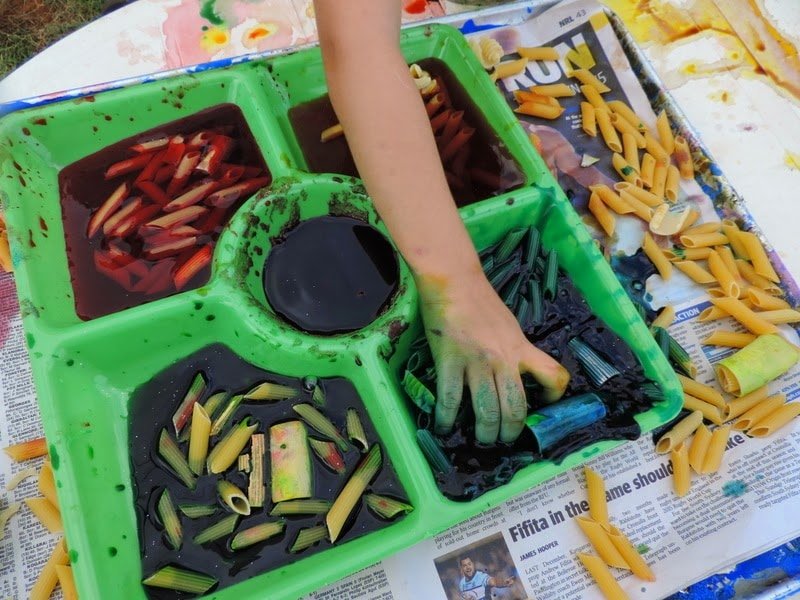
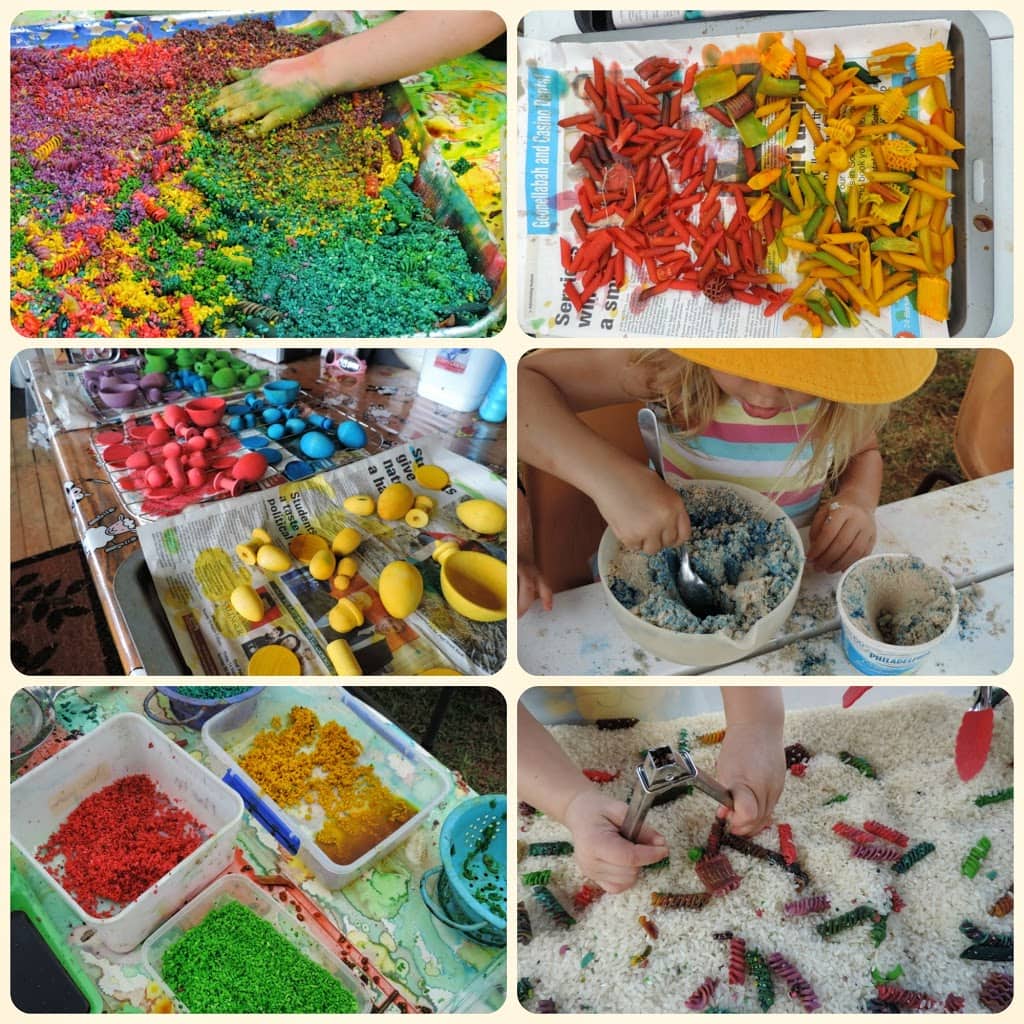
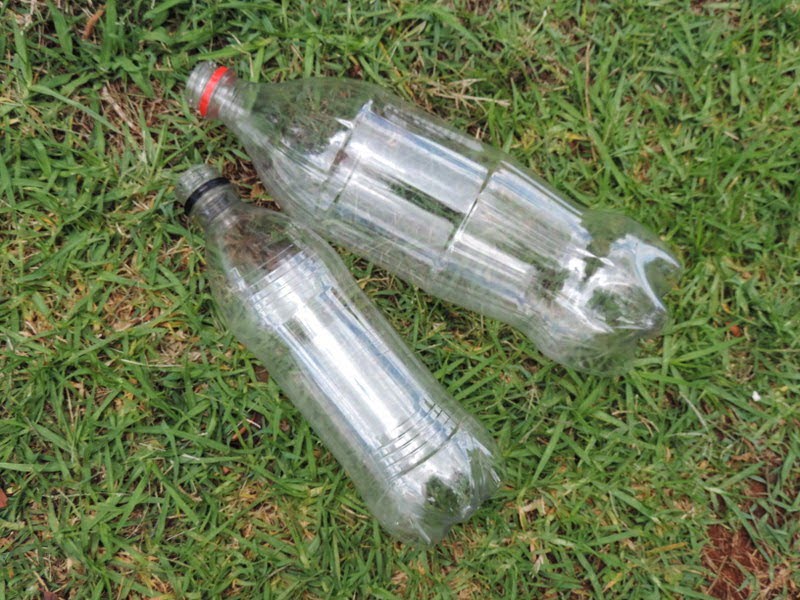
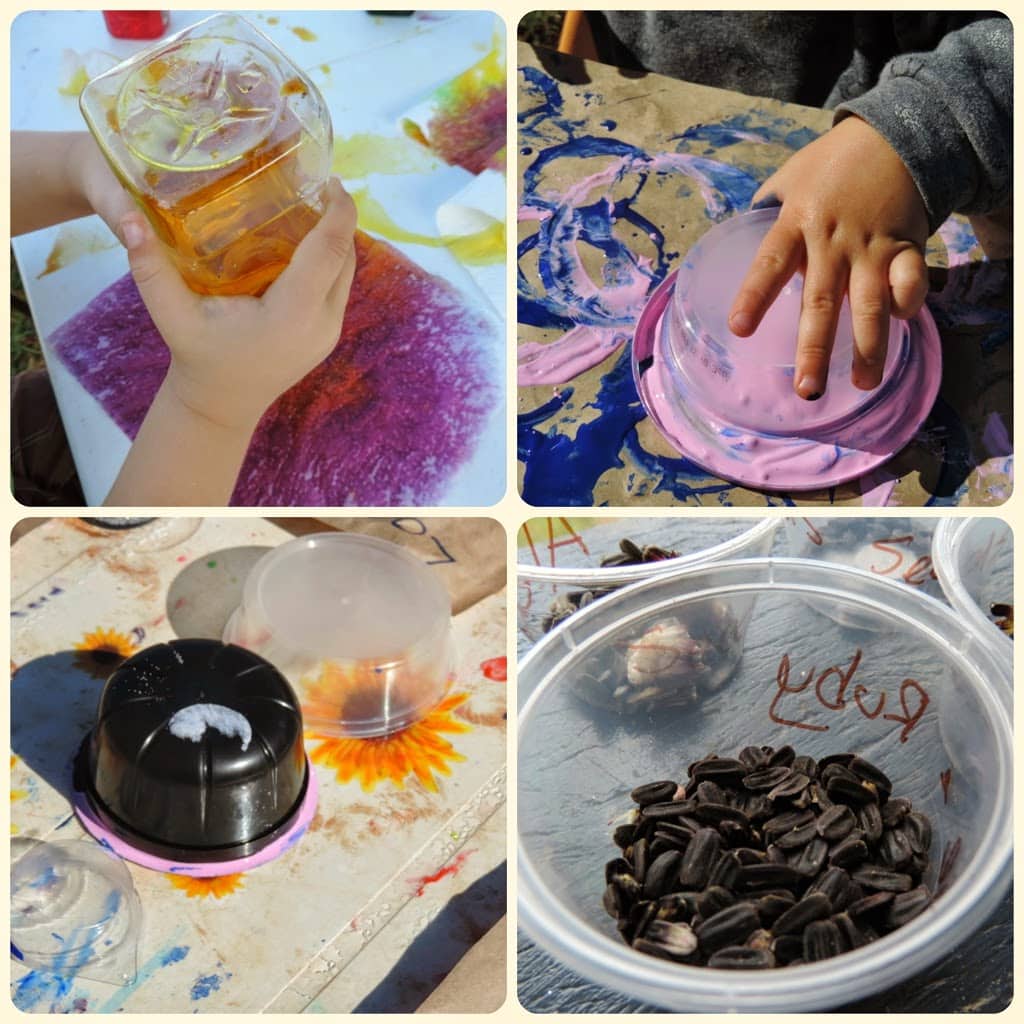
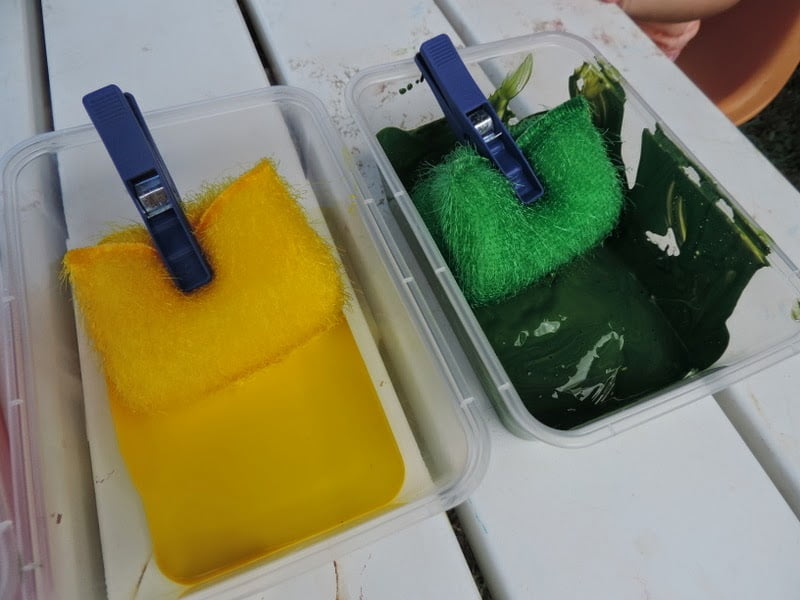
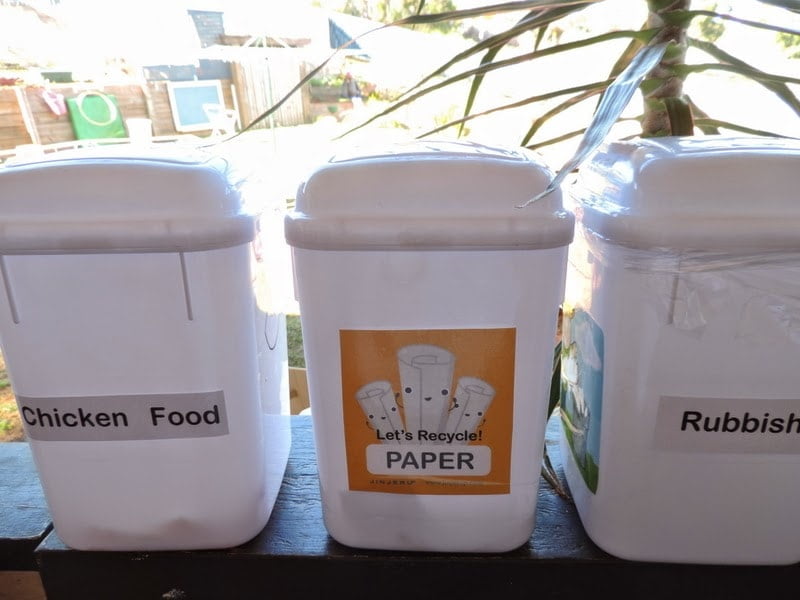
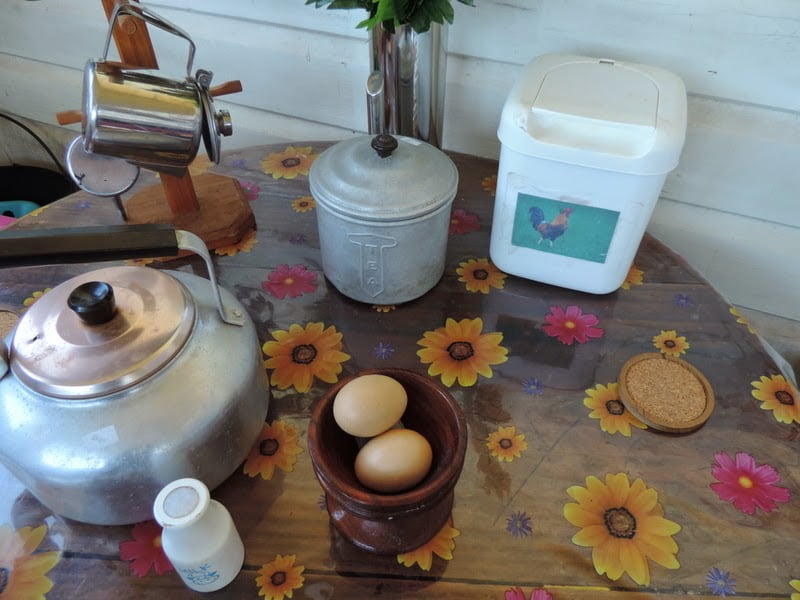
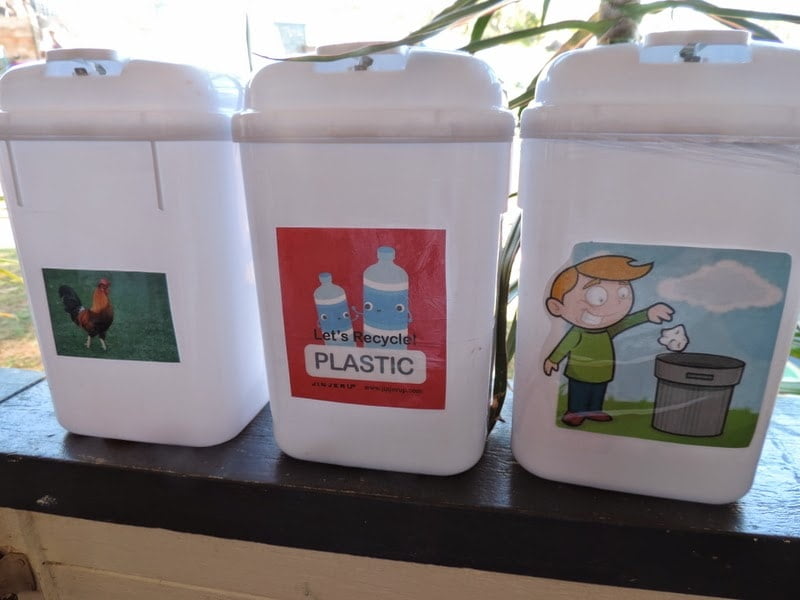
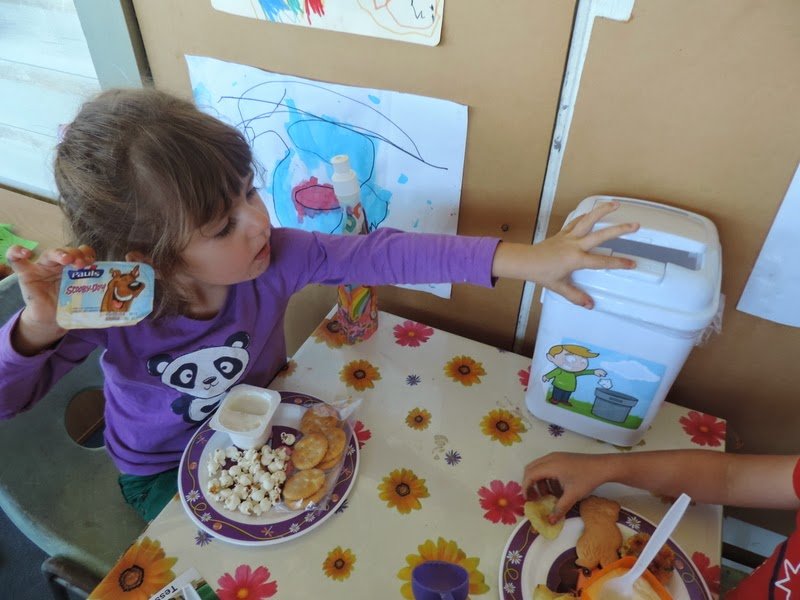
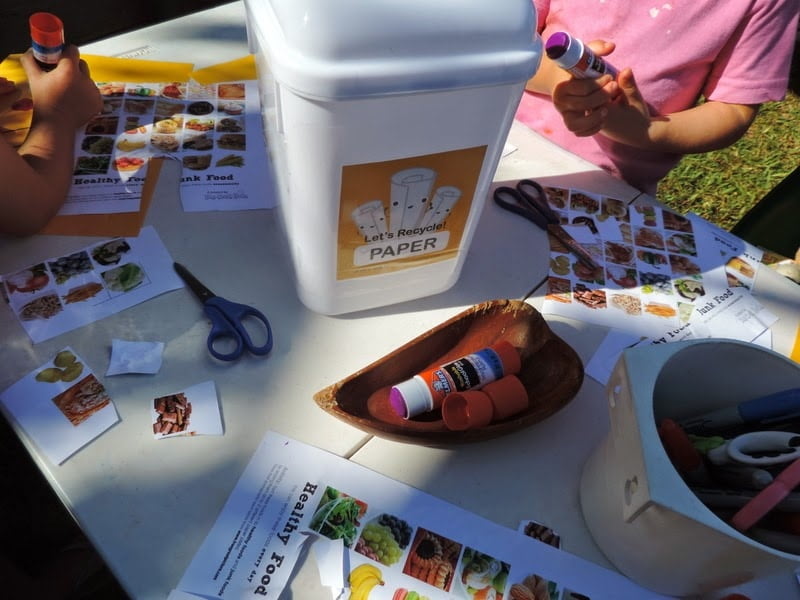
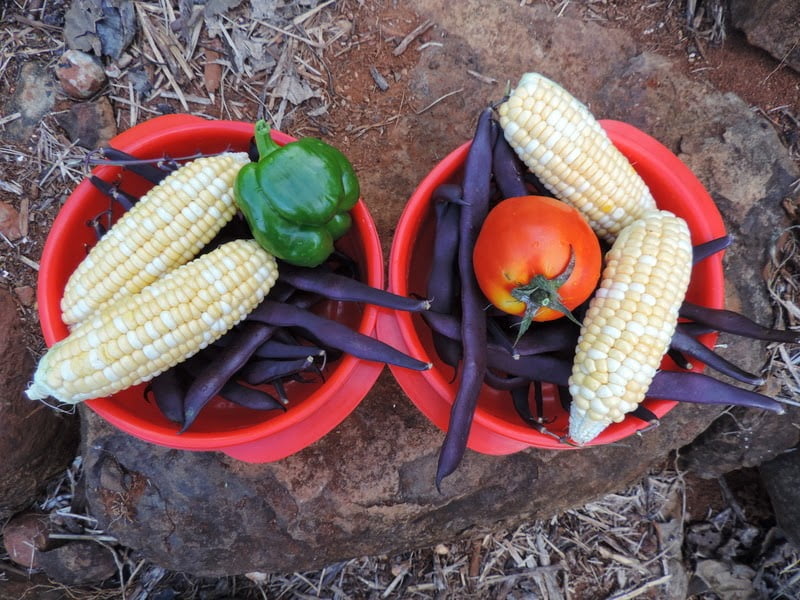
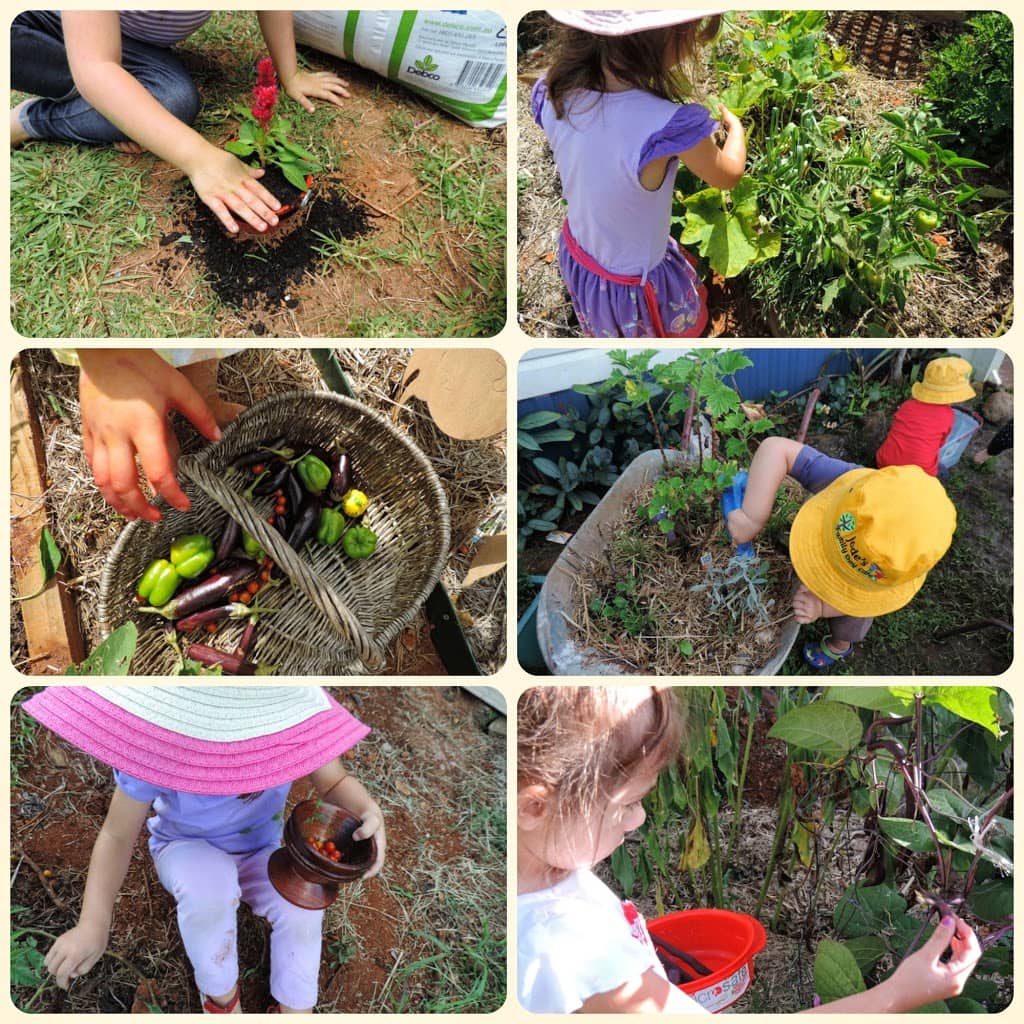
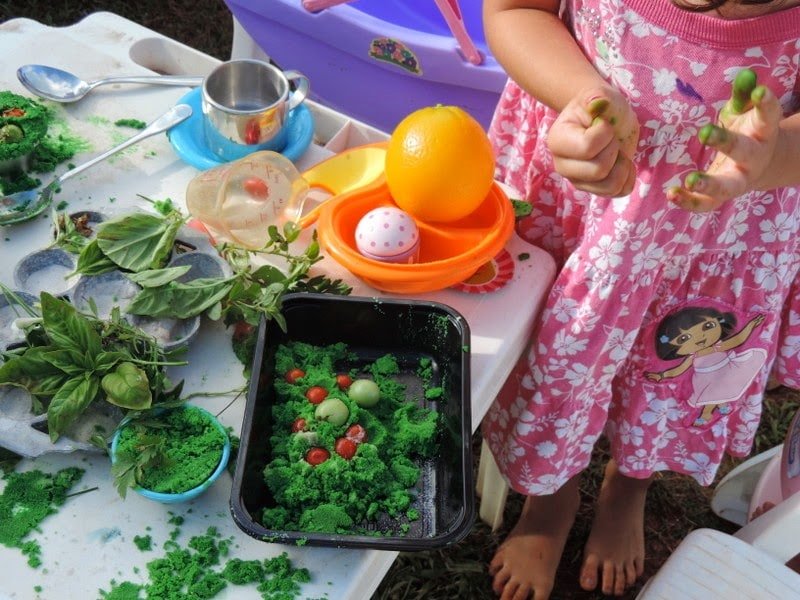
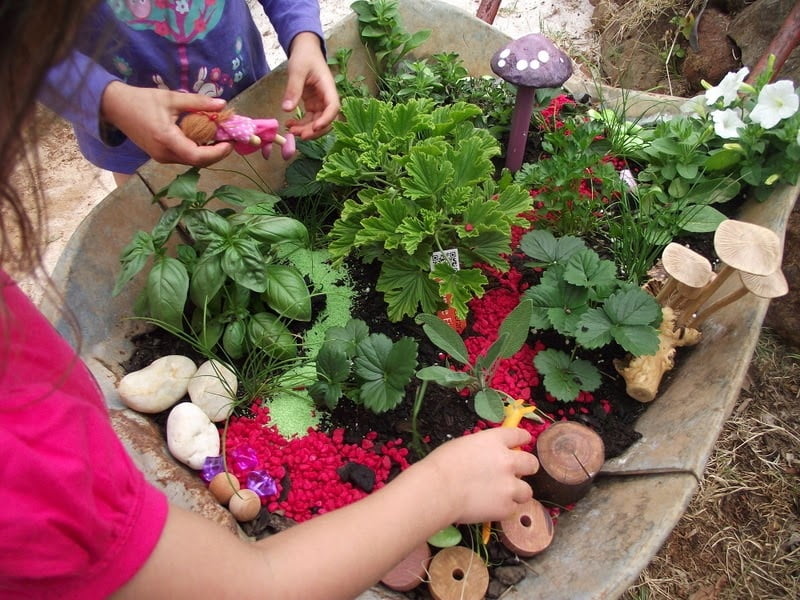
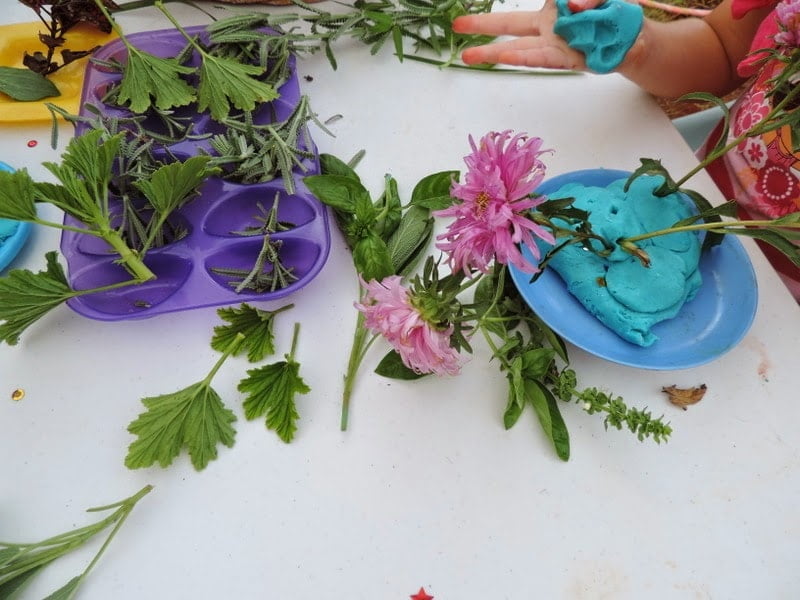
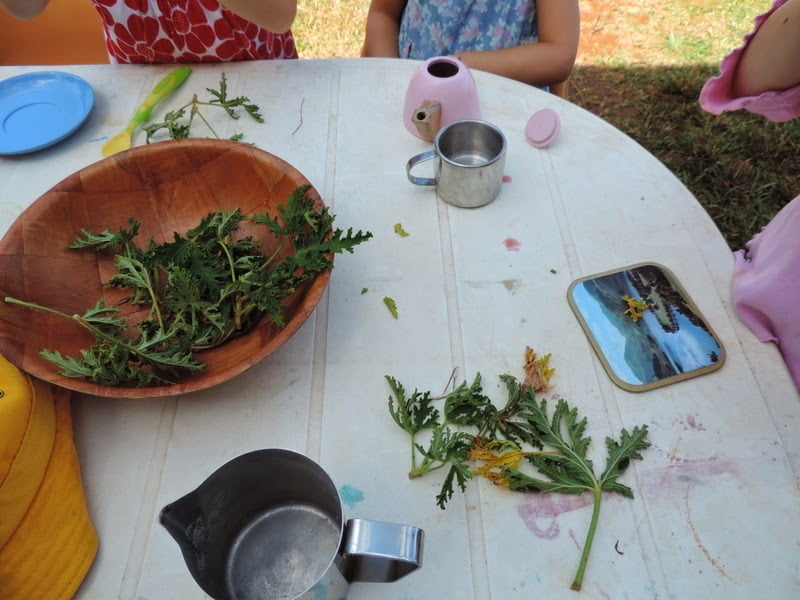
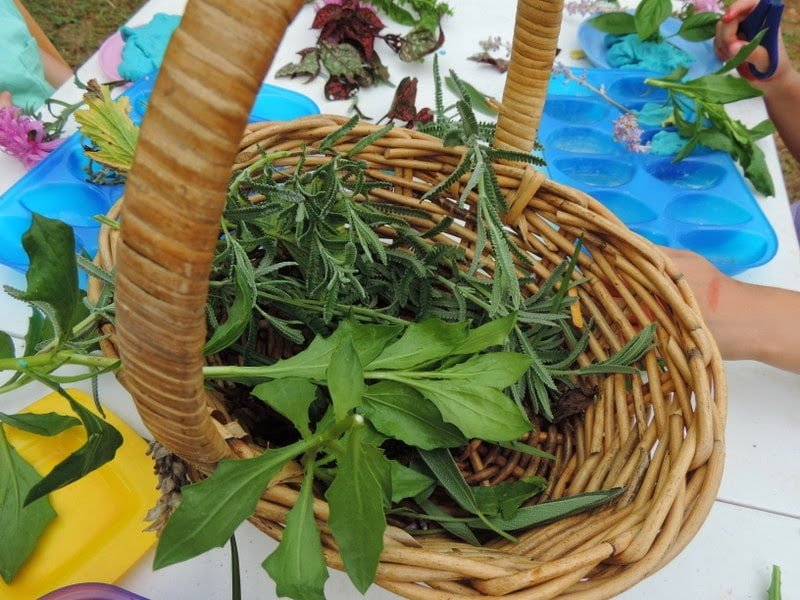
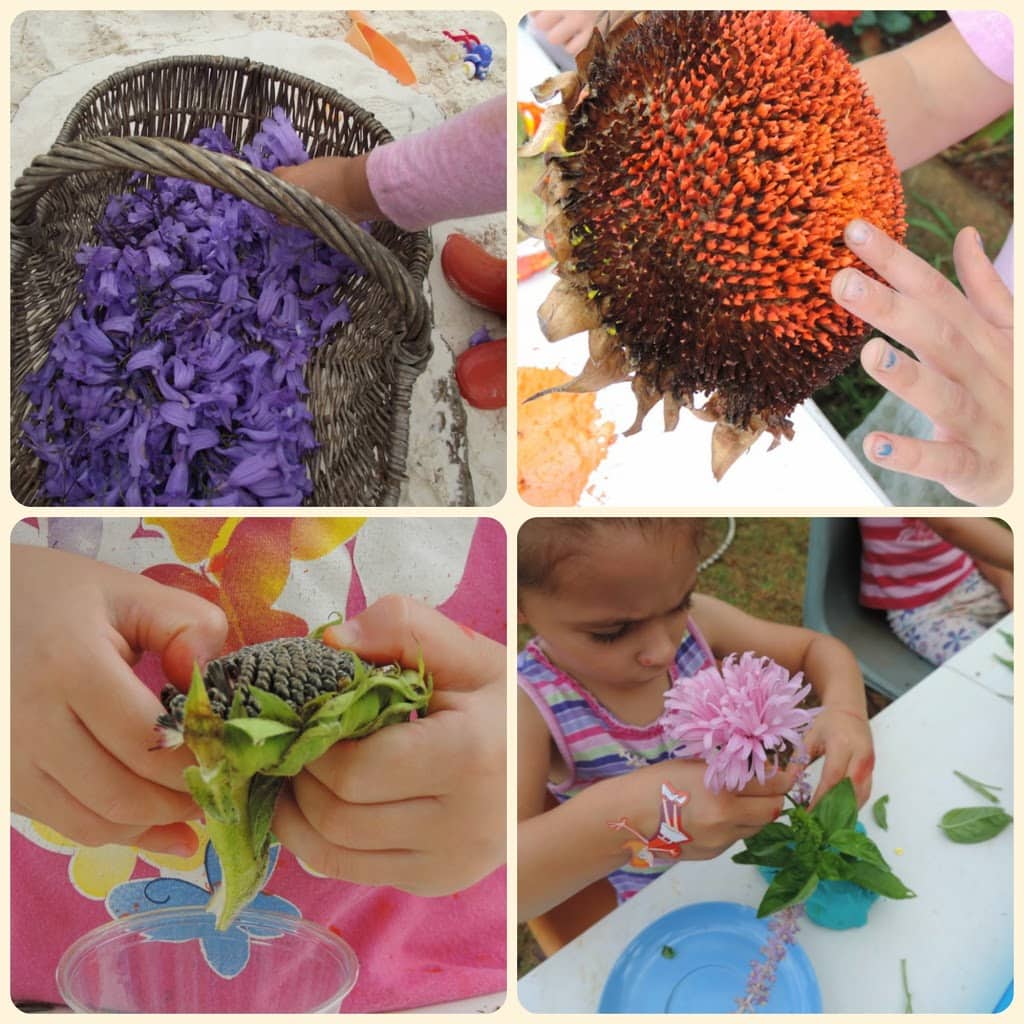
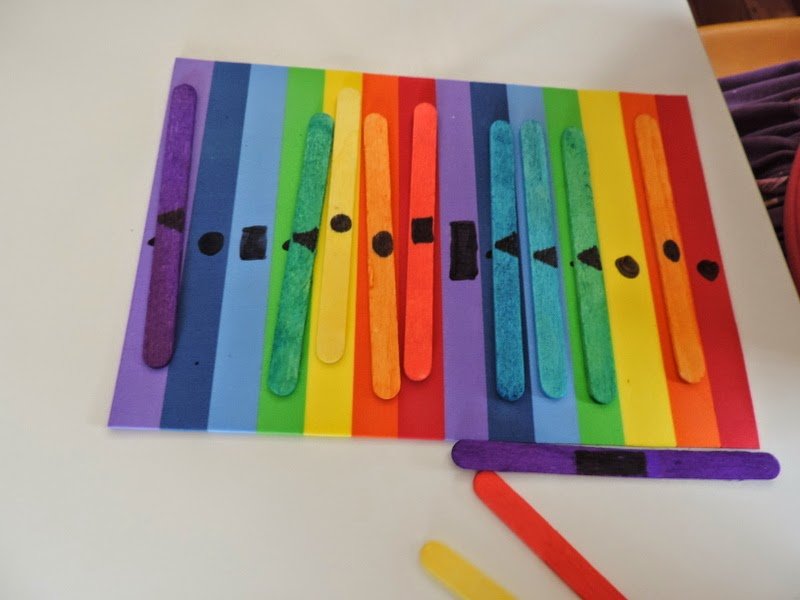
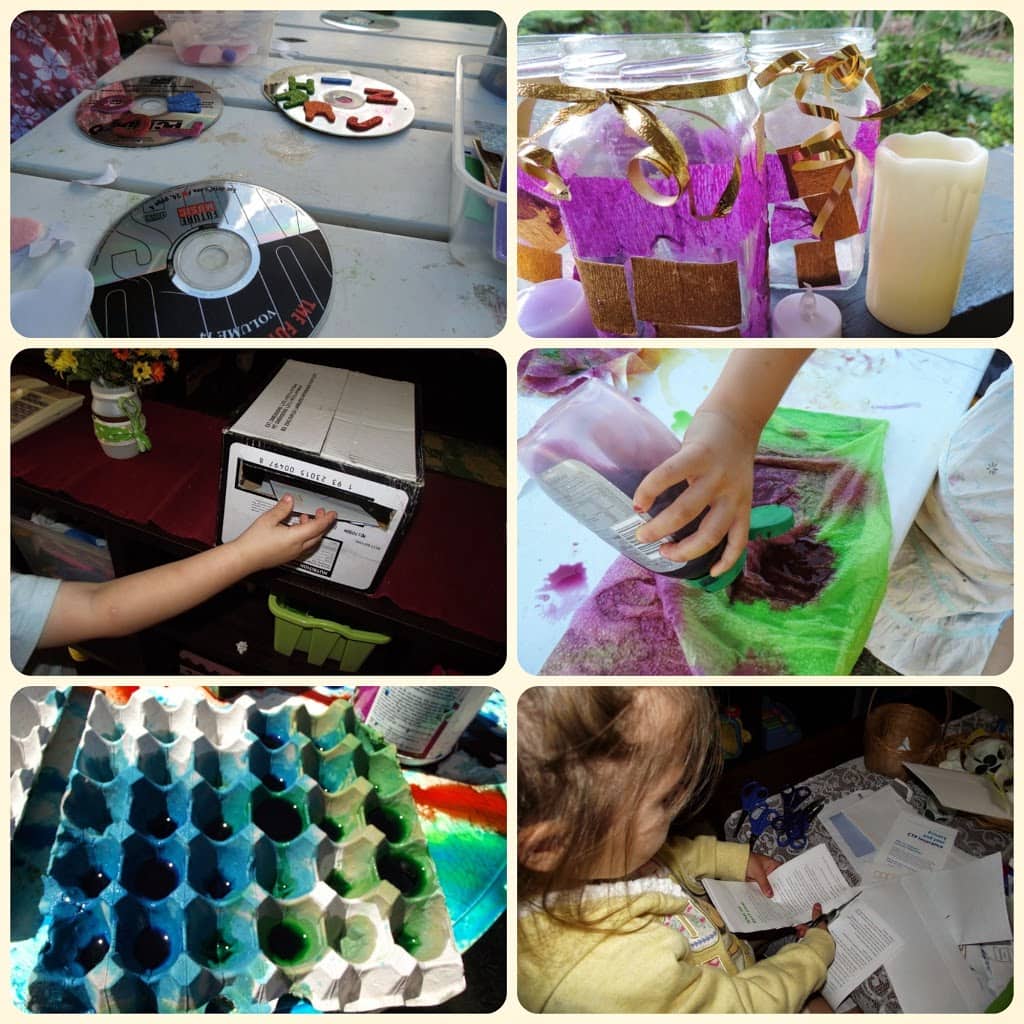
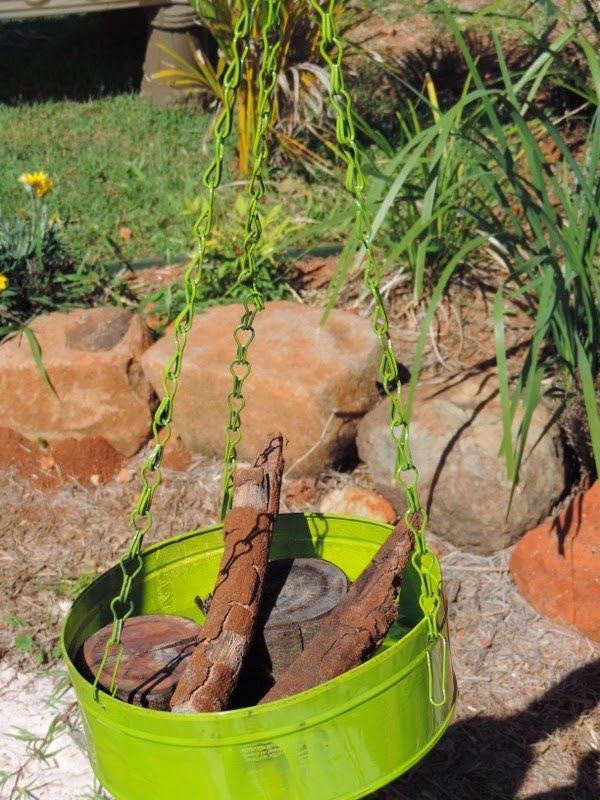
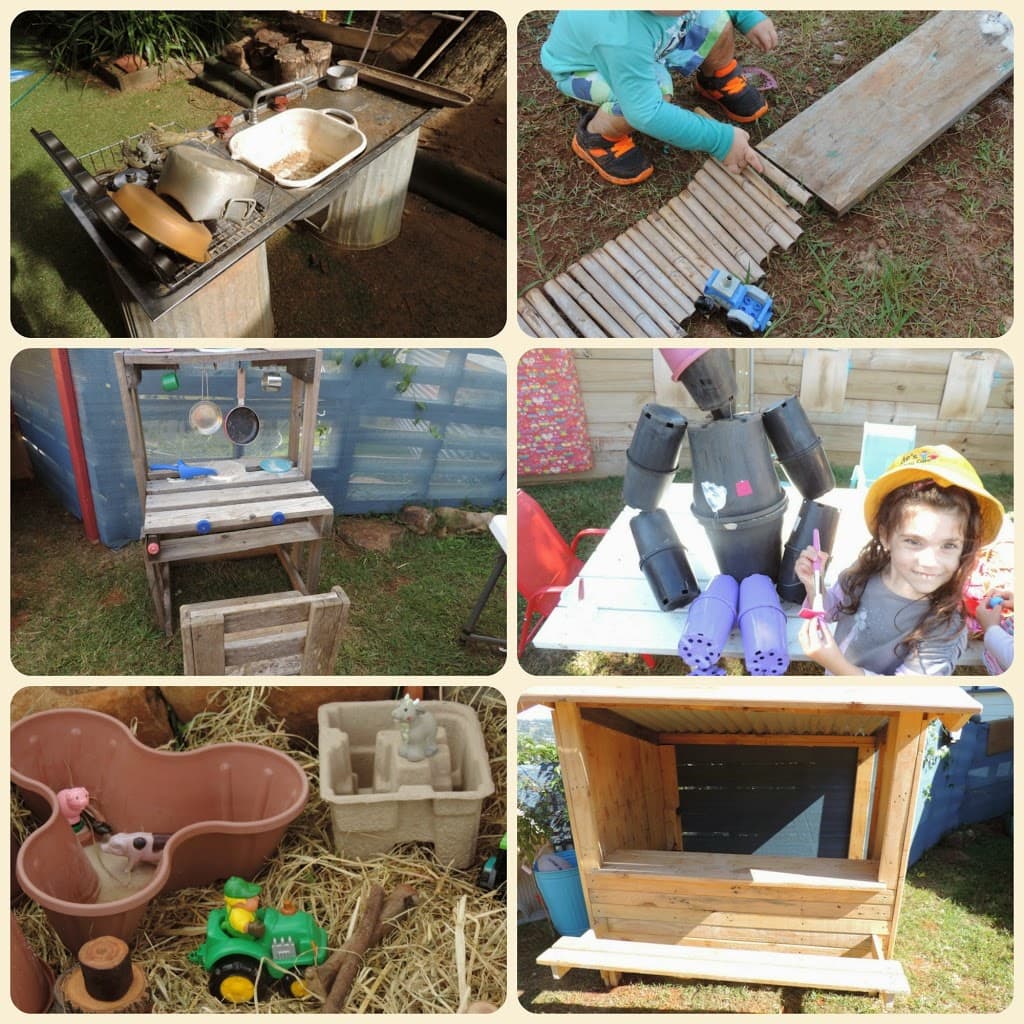
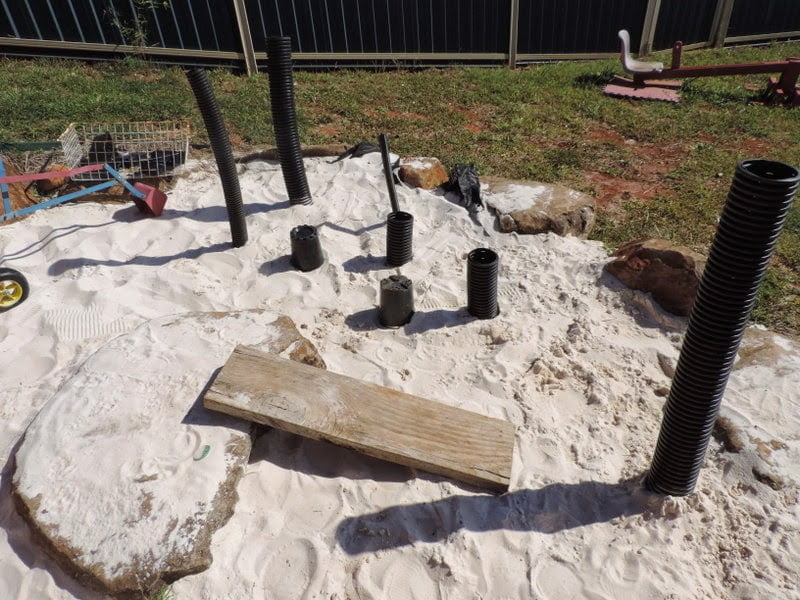
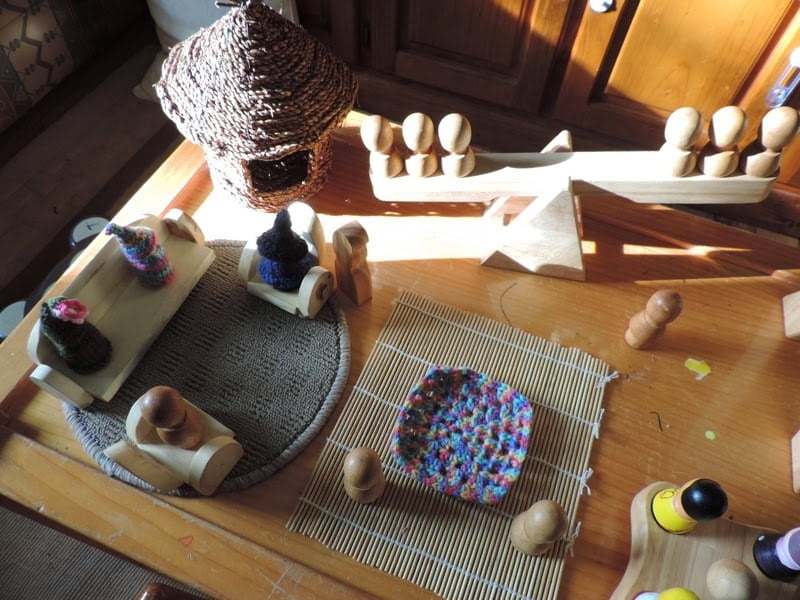
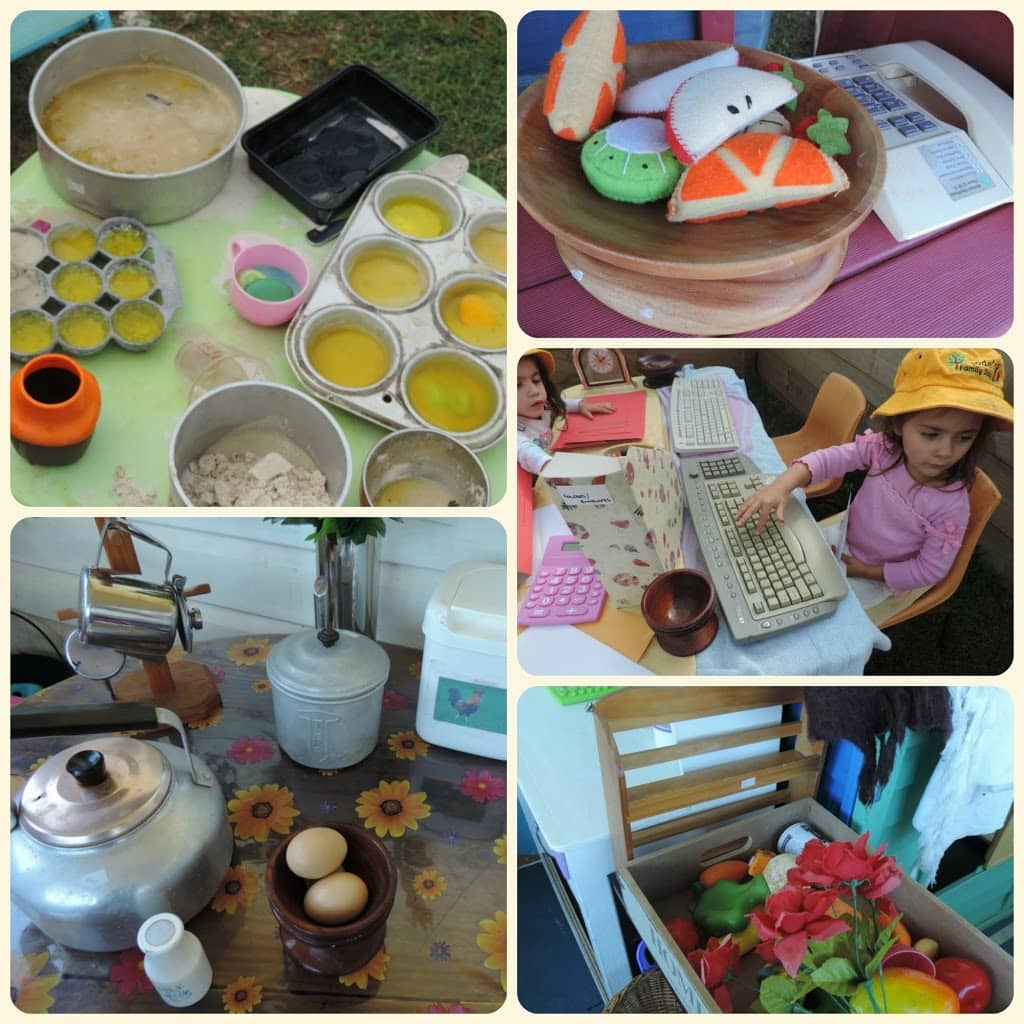
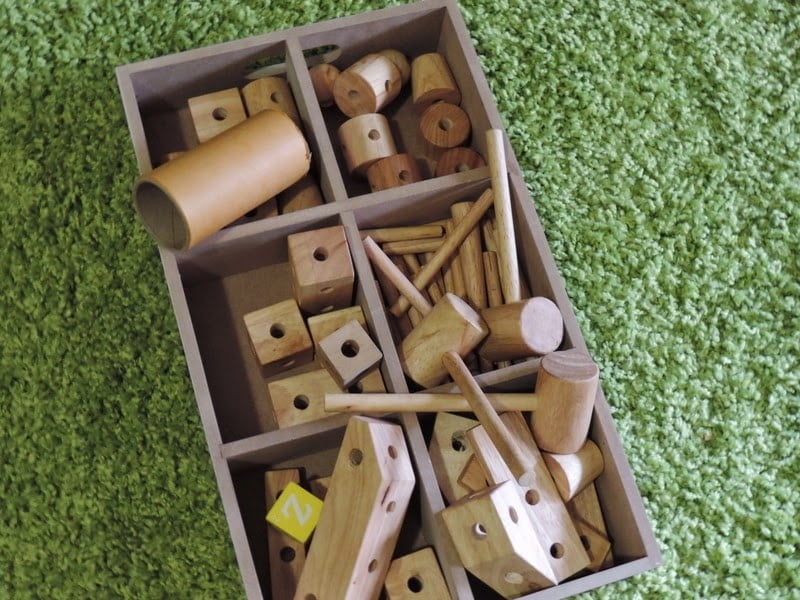
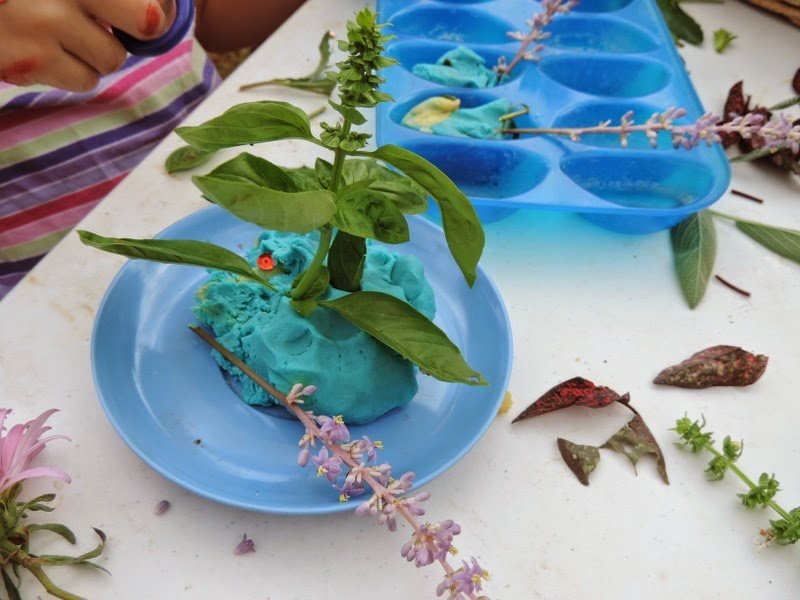
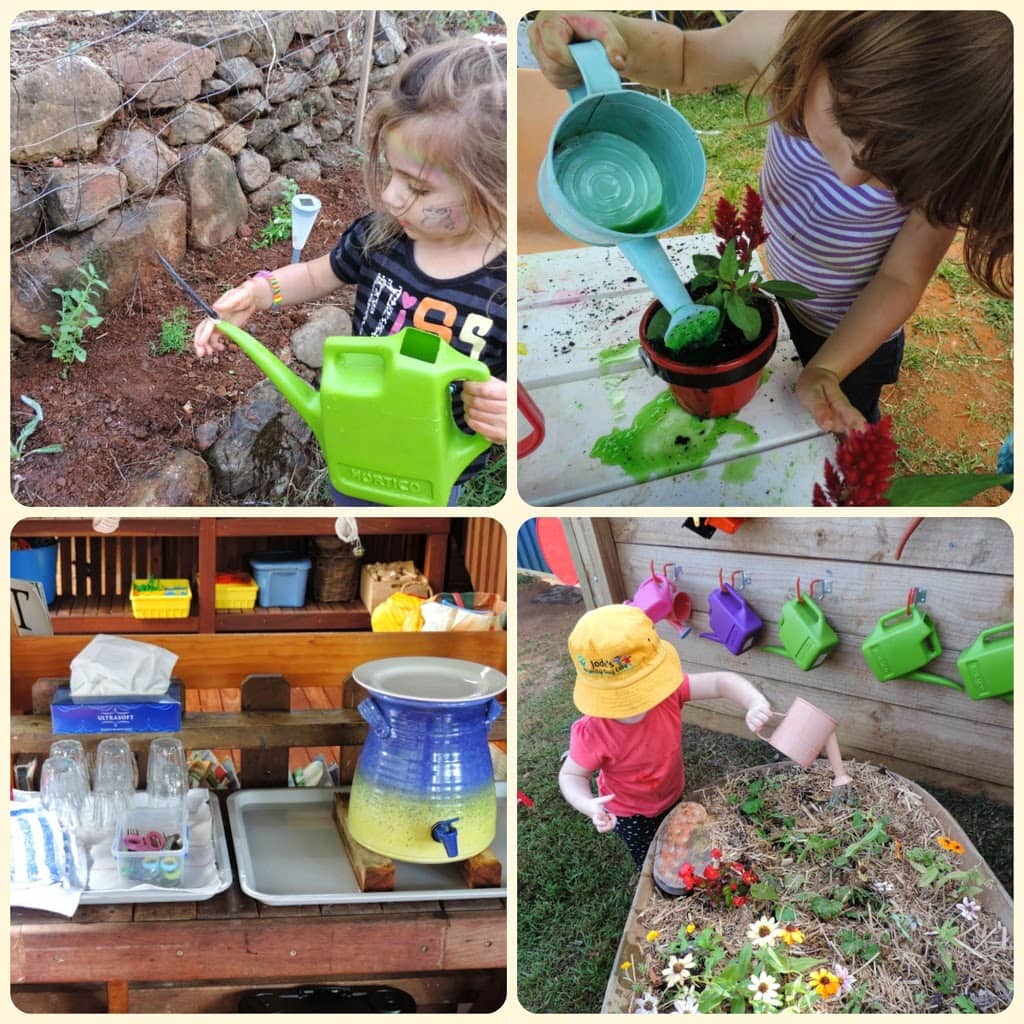
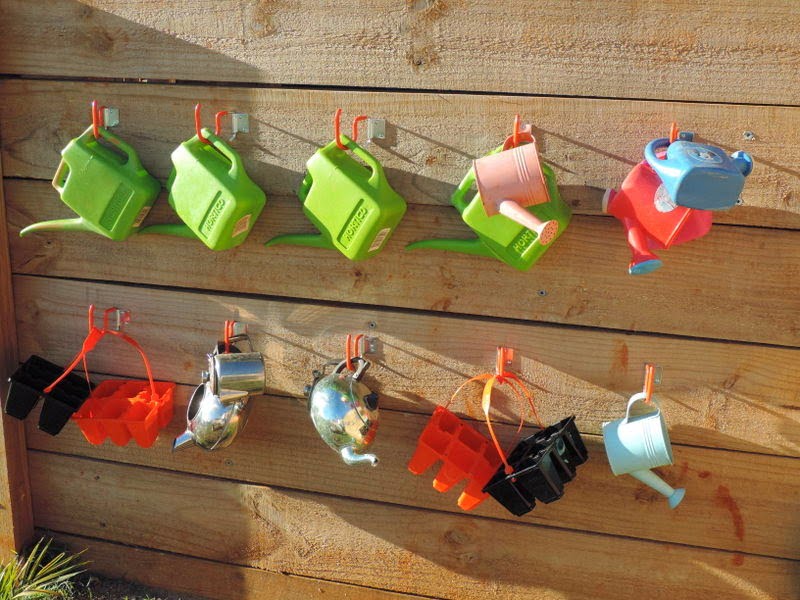
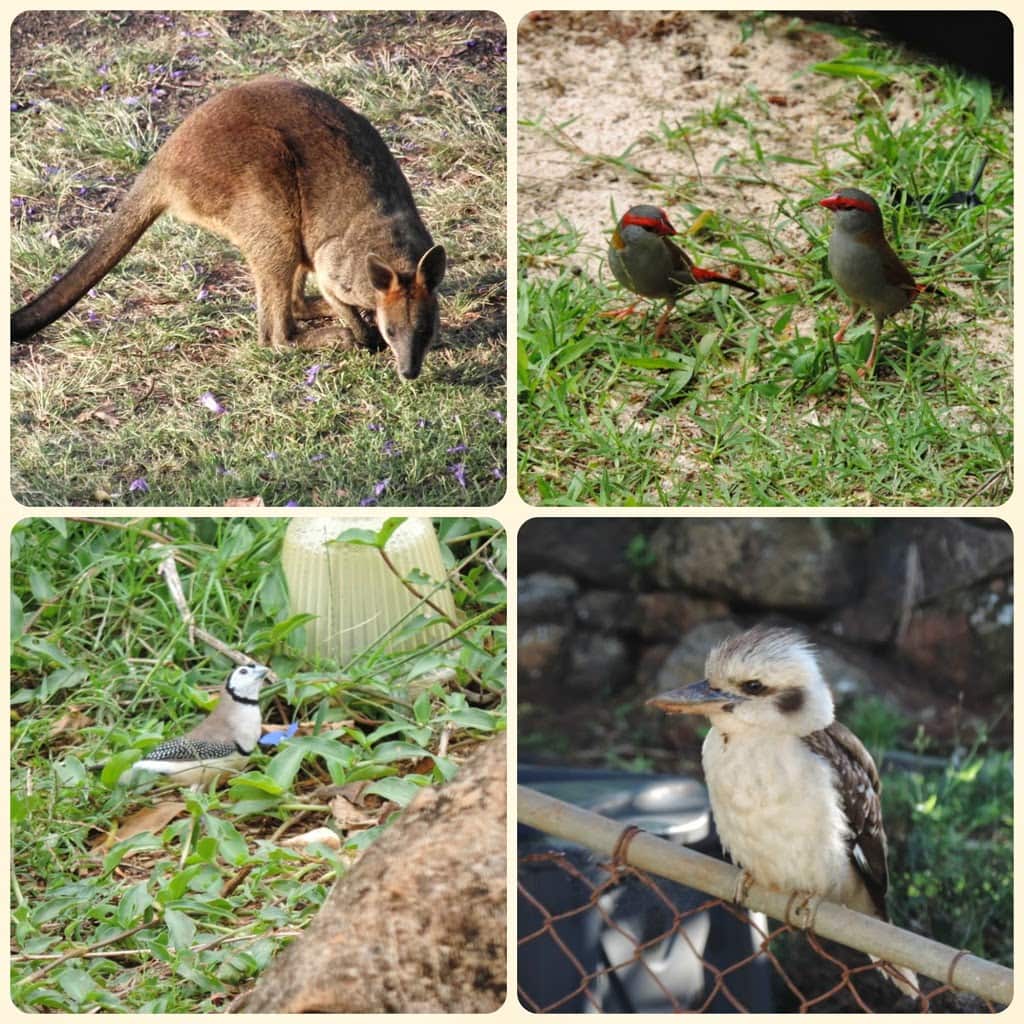
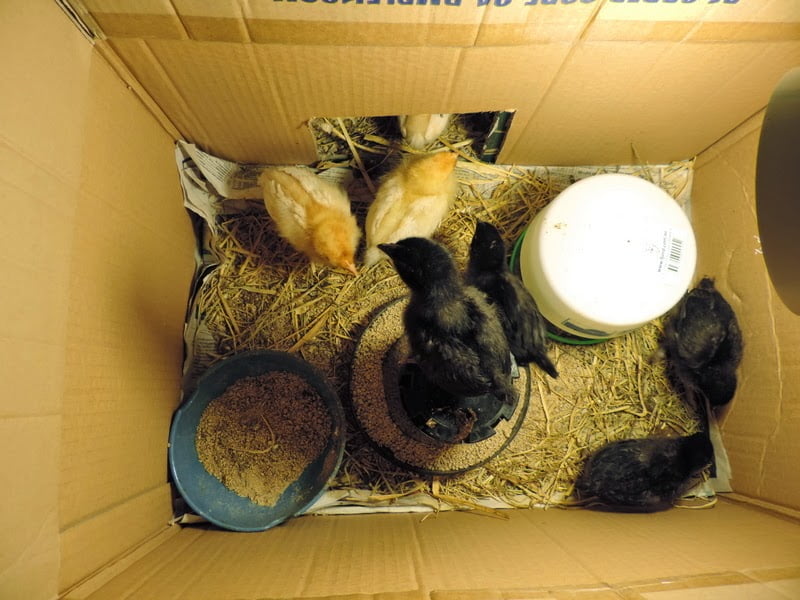
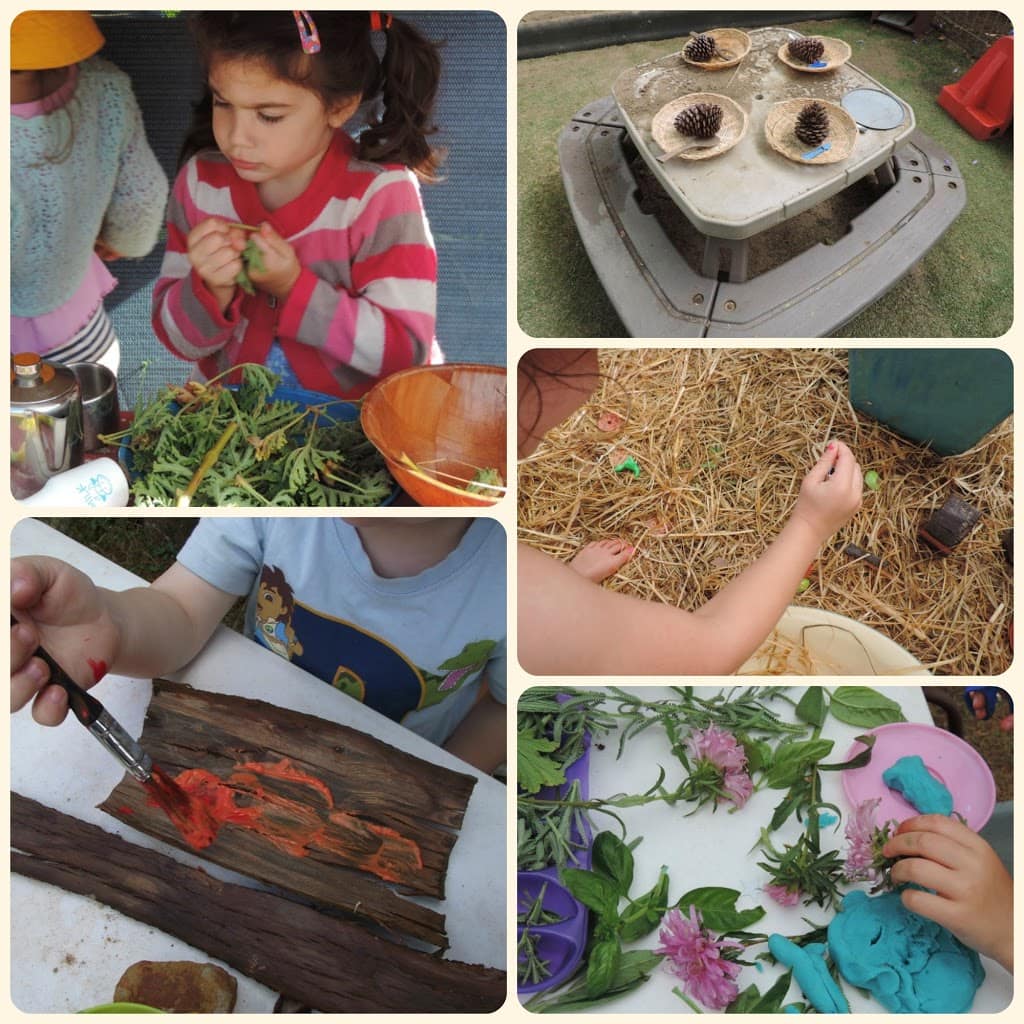
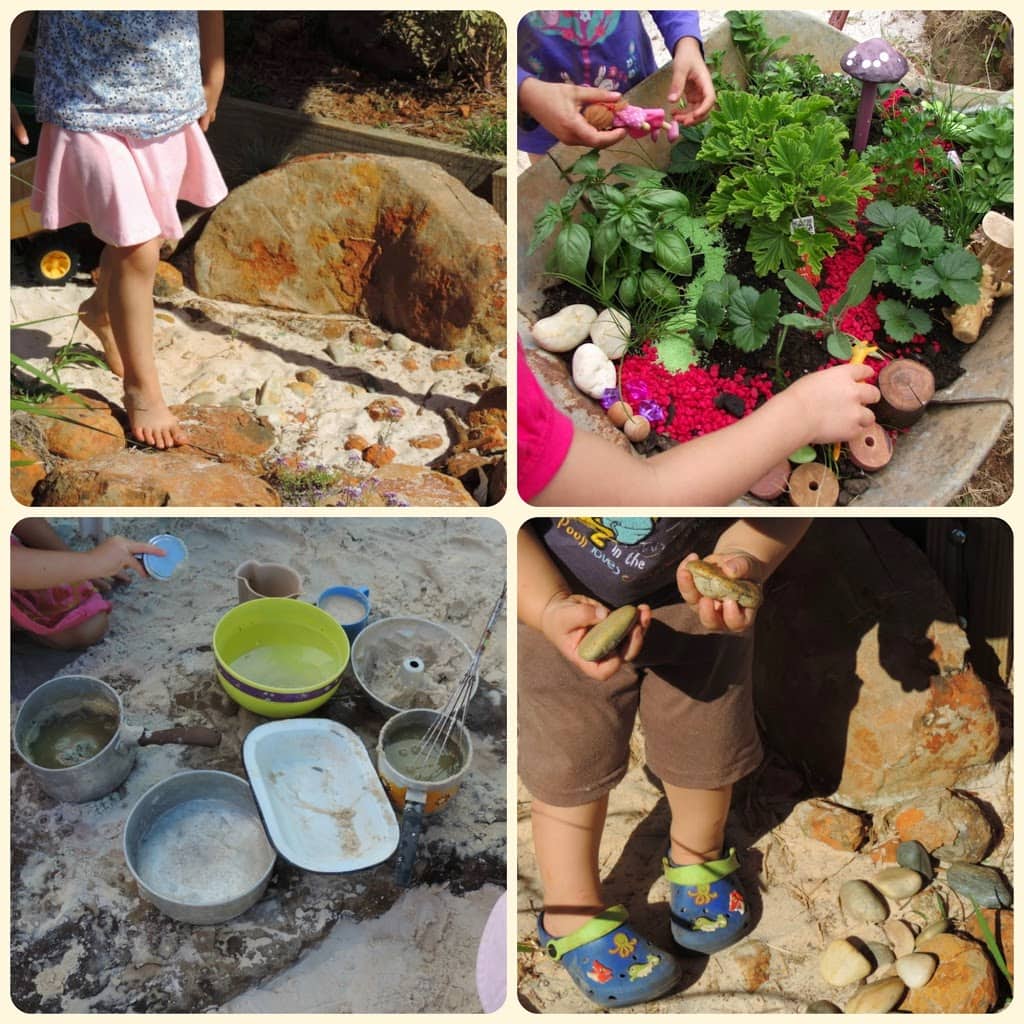
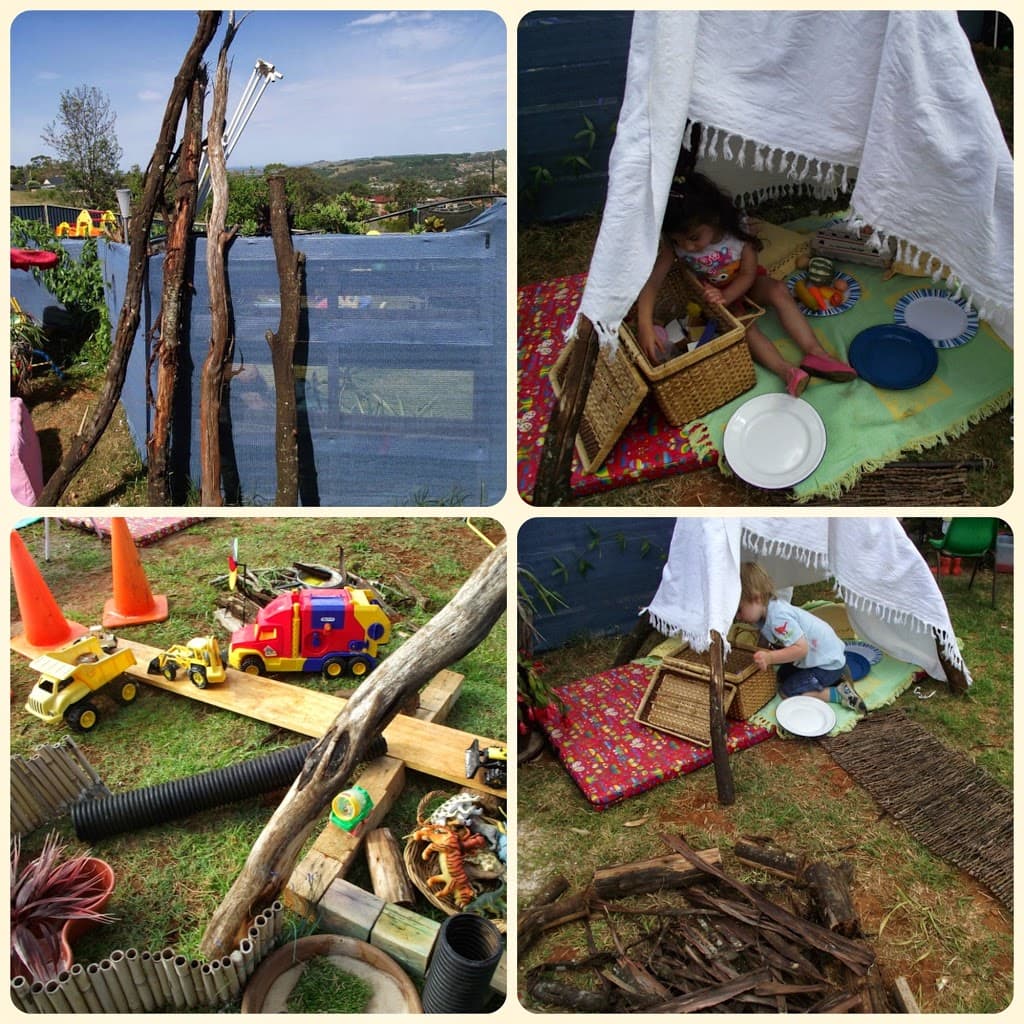

Thank you so much Jodie for sharing your passion as a Educator and giving me some amazing ideas; that I must say that I am already doing but not really documenting it down.
It’s funny to see that although I do many of the things you mentioned I never thought of it as sustainability. And I thought that emptying the drink cups in the indoor palms as I walked pass to the kitchen was just something I did!!!
Love your page Thank you
Thankyou Jodie and got some tips with the planning of my sustainability experiences
Loved reading the post. Had a laugh as I have probably been teaching as long as you. We still use the old computer paper that you tear apart!! The only problem I have is that I need a bigger store room to keep all my recycled materials.
http://niccolaontuesday.blogspot.com.au/2014/05/number-houses.html
Hi there I’m currently been assigned to be a sstainability officer in a child care setting. I’m unsure of where to start my research and would love some help if possible.
Kind regards Renae
Hi Renae, if you want to download my free educator toolbox ebook (green book image on my sidebar) there is a sustainability checklist in there that would be a great starting point for you!
This is the best blog post I´ve seen in a long time!
Thank you so much for this wonderful inspiration!
Keep your great work up!
Happy Thursday!
What a great find this was now im fresh with ideas now.